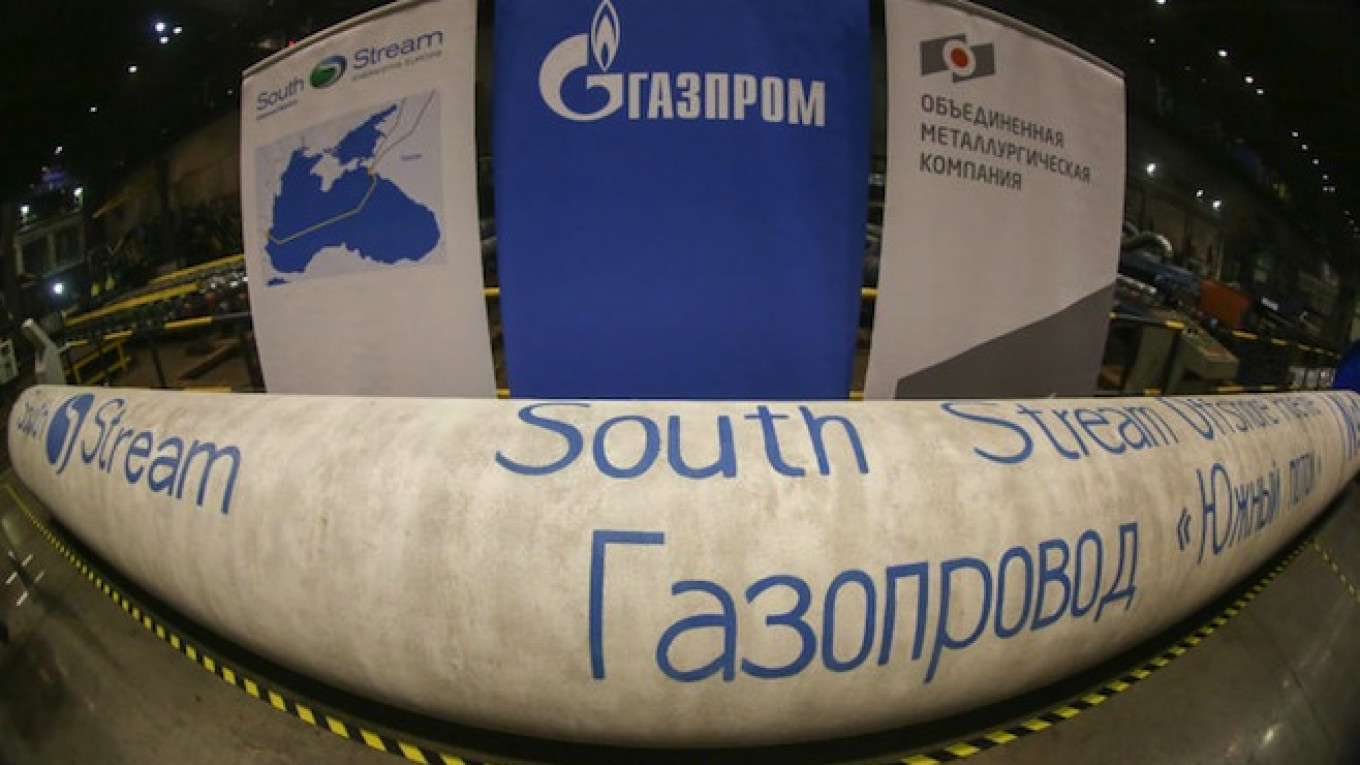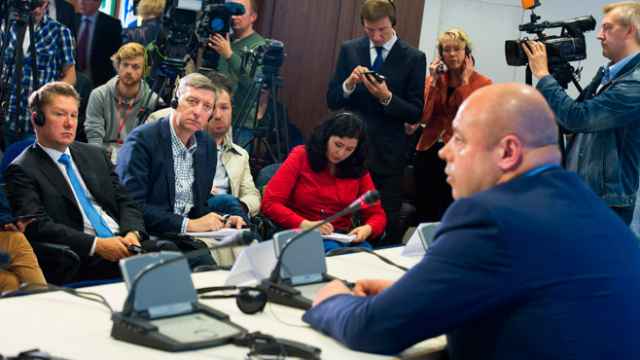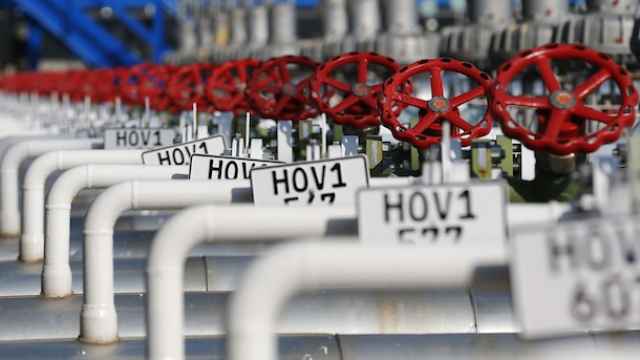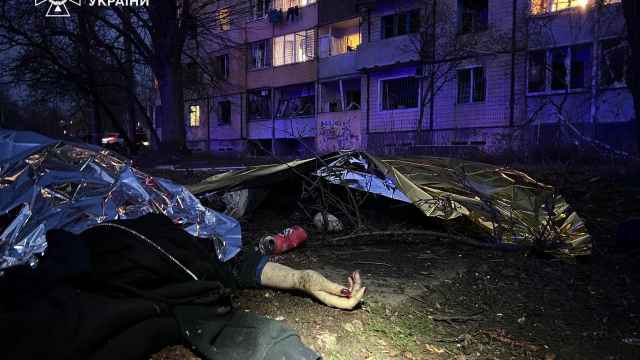Hungary aims to start building its stretch of the Russian-backed South Stream natural gas pipeline next year despite European and U.S. opposition as it sees the project as the only way to ensure supply, a senior government official said.
Brussels and Washington say the $40 billion pipeline will entrench the Kremlin's energy stranglehold on Eastern Europe and they see Budapest's support as a sign Hungary is drifting into Russia's orbit.
But Budapest says the collapse of the rival Western-backed Nabucco project to bring gas from Azerbaijan to Europe, and stalled plans to build interconnector pipelines within Eastern Europe, have left it with no alternative.
"Nabucco will not be built and after nearly 10 years of hesitation, and especially in light of the Ukraine situation, we need to act. This is a necessity," Andras Aradszki, energy affairs state secretary, said in an interview on Wednesday.
"Everybody singles out Hungary, but we forget that since 2013 Croatia has failed to do the investments enabling the flow of gas from Croatia toward Hungary. The same applies to Romania."
Hungary, which imports most of its gas from Russia, aims to complete the pipeline project by 2017. South Stream is designed to ship Russian gas to Europe without going through neighboring Ukraine which has a fraught relationship with Moscow.
"The Nord Stream pipeline was built to eliminate the risk from Belarus. This is the same situation," Aradszki said, referring to a pipeline that pumps Russian gas under the Baltic Sea to Germany. "We have had Russian gas coming in with the same amount, so this will only be a different route."
Aradszki said countries supporting South Stream — Slovenia, Hungary, Bulgaria and Austria — have asked the Commission to iron out differences with Moscow on how the project can be brought in line with EU regulations. But he said the talks fell through.
Opponents of the project say the pipeline will only preserve a Russian stranglehold on European gas supplies.
U.S. Special Envoy Amos Hochstein told reporters during a phone conference on Monday that European countries supporting South Stream should rethink their position.
"One has to really ask the question are we looking towards a diversification of resources in Europe? Or looking to double down yet again on another one or two generations of dependency on the same source," he said.
In September, Hungary stopped gas shipments to Ukraine that were helping Kiev's Western-backed government survive a Russian energy blockade. Budapest said it had done this to fill its own storage facilities.
Aradszki said there had been no pressure from Gazprom to halt the gas shipments and said Hungary could technically resume shipments to Ukraine from December if Ukraine asks.
"Restarting shipments [to Ukraine in December] will have no technical obstacles if Russian shipments are completed," he said.
Aradszki added that a separate pipeline connecting Hungary and Slovakia could start operating with full capacity in January. It could pump gas either north or south.
A Message from The Moscow Times:
Dear readers,
We are facing unprecedented challenges. Russia's Prosecutor General's Office has designated The Moscow Times as an "undesirable" organization, criminalizing our work and putting our staff at risk of prosecution. This follows our earlier unjust labeling as a "foreign agent."
These actions are direct attempts to silence independent journalism in Russia. The authorities claim our work "discredits the decisions of the Russian leadership." We see things differently: we strive to provide accurate, unbiased reporting on Russia.
We, the journalists of The Moscow Times, refuse to be silenced. But to continue our work, we need your help.
Your support, no matter how small, makes a world of difference. If you can, please support us monthly starting from just $2. It's quick to set up, and every contribution makes a significant impact.
By supporting The Moscow Times, you're defending open, independent journalism in the face of repression. Thank you for standing with us.
Remind me later.






